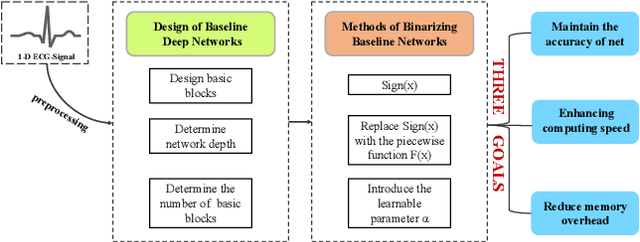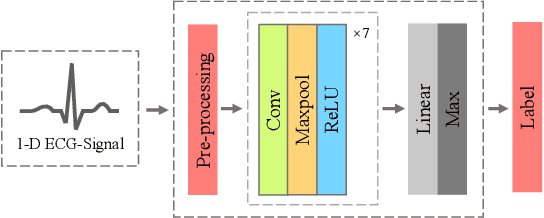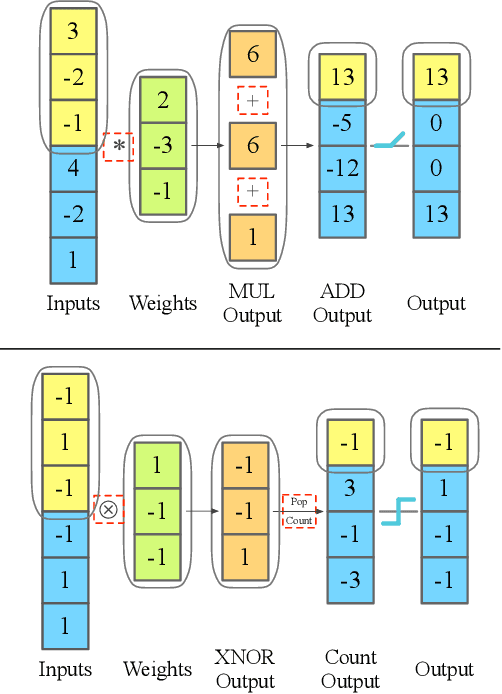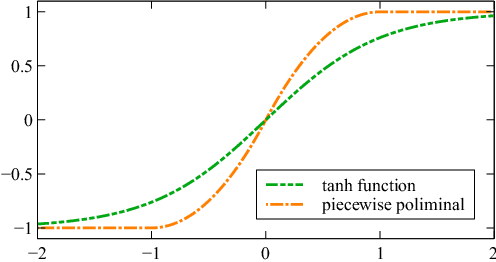Zijin Liu
RDPI: A Refine Diffusion Probability Generation Method for Spatiotemporal Data Imputation
Dec 17, 2024



Abstract:Spatiotemporal data imputation plays a crucial role in various fields such as traffic flow monitoring, air quality assessment, and climate prediction. However, spatiotemporal data collected by sensors often suffer from temporal incompleteness, and the sparse and uneven distribution of sensors leads to missing data in the spatial dimension. Among existing methods, autoregressive approaches are prone to error accumulation, while simple conditional diffusion models fail to adequately capture the spatiotemporal relationships between observed and missing data. To address these issues, we propose a novel two-stage Refined Diffusion Probability Impuation (RDPI) framework based on an initial network and a conditional diffusion model. In the initial stage, deterministic imputation methods are used to generate preliminary estimates of the missing data. In the refinement stage, residuals are treated as the diffusion target, and observed values are innovatively incorporated into the forward process. This results in a conditional diffusion model better suited for spatiotemporal data imputation, bridging the gap between the preliminary estimates and the true values. Experiments on multiple datasets demonstrate that RDPI not only achieves state-of-the-art imputation accuracy but also significantly reduces sampling computational costs.
Arrhythmia Classifier Based on Ultra-Lightweight Binary Neural Network
Apr 04, 2023Abstract:Reasonably and effectively monitoring arrhythmias through ECG signals has significant implications for human health. With the development of deep learning, numerous ECG classification algorithms based on deep learning have emerged. However, most existing algorithms trade off high accuracy for complex models, resulting in high storage usage and power consumption. This also inevitably increases the difficulty of implementation on wearable Artificial Intelligence-of-Things (AIoT) devices with limited resources. In this study, we proposed a universally applicable ultra-lightweight binary neural network(BNN) that is capable of 5-class and 17-class arrhythmia classification based on ECG signals. Our BNN achieves 96.90% (full precision 97.09%) and 97.50% (full precision 98.00%) accuracy for 5-class and 17-class classification, respectively, with state-of-the-art storage usage (3.76 KB and 4.45 KB). Compared to other binarization works, our approach excels in supporting two multi-classification modes while achieving the smallest known storage space. Moreover, our model achieves optimal accuracy in 17-class classification and boasts an elegantly simple network architecture. The algorithm we use is optimized specifically for hardware implementation. Our research showcases the potential of lightweight deep learning models in the healthcare industry, specifically in wearable medical devices, which hold great promise for improving patient outcomes and quality of life. Code is available on: https://github.com/xpww/ECG_BNN_Net
Arrhythmia Classifier using Binarized Convolutional Neural Network for Resource-Constrained Devices
May 13, 2022



Abstract:Monitoring electrocardiogram signals is of great significance for the diagnosis of arrhythmias. In recent years, deep learning and convolutional neural networks have been widely used in the classification of cardiac arrhythmias. However, the existing neural network applied to ECG signal detection usually requires a lot of computing resources, which is not friendlyF to resource-constrained equipment, and it is difficult to realize real-time monitoring. In this paper, a binarized convolutional neural network suitable for ECG monitoring is proposed, which is hardware-friendly and more suitable for use in resource-constrained wearable devices. Targeting the MIT-BIH arrhythmia database, the classifier based on this network reached an accuracy of 95.67% in the five-class test. Compared with the proposed baseline full-precision network with an accuracy of 96.45%, it is only 0.78% lower. Importantly, it achieves 12.65 times the computing speedup, 24.8 times the storage compression ratio, and only requires a quarter of the memory overhead.
 Add to Chrome
Add to Chrome Add to Firefox
Add to Firefox Add to Edge
Add to Edge